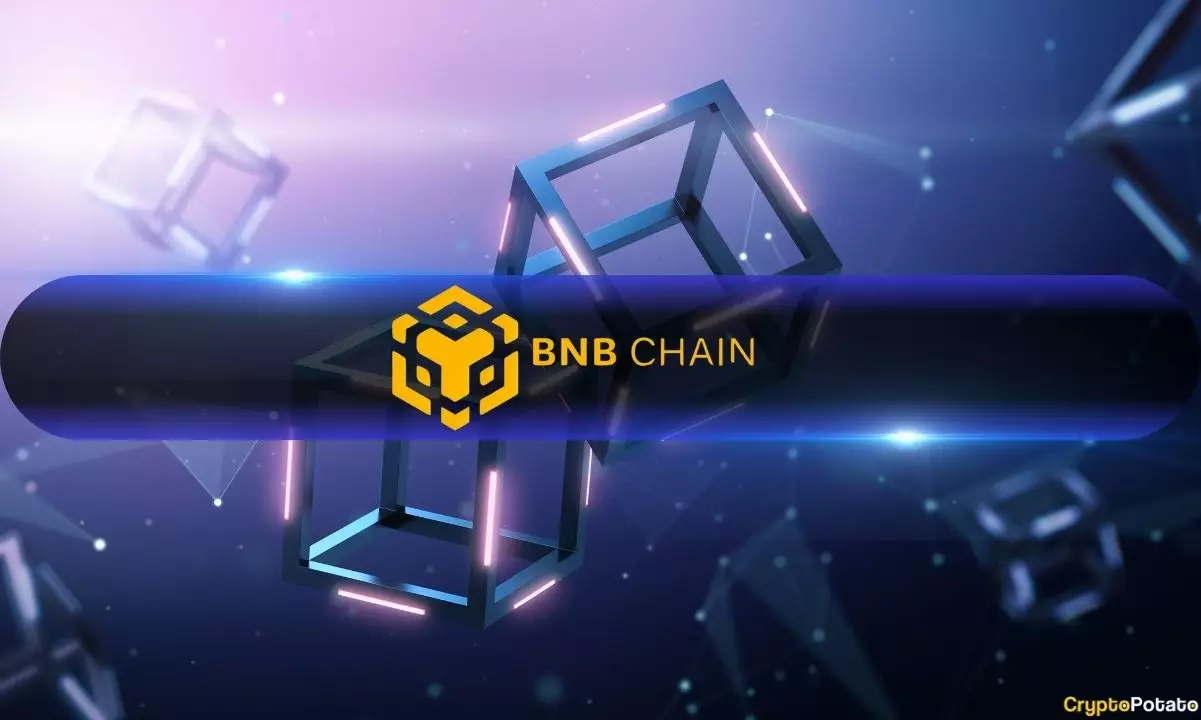In November 2023, BNB Chain witnessed an alarming phenomenon where 35.5% of its blocks were impacted by what is known as sandwich attacks. This type of attack exploits the inherent structure of decentralized finance (DeFi) and the transparent nature of transaction pools. By identifying a pending transaction, attackers strategically place their orders before and after the target transaction, manipulating market conditions to their advantage. This technique, commonly categorized under the broader umbrella of “maximum extractable value” (MEV), highlights the vulnerability of decentralized exchanges (DEXs) and traders alike.
Recent data reveals that BNB Chain had 645 active Sandwich Bots within just one week, affecting approximately 43,400 DEX traders. During this period, the trading volume for BNB Chain’s decentralized exchanges reached a noteworthy $9.232 million, with sandwich transactions accounting for $1.322 million. Such statistics underscore the significant financial repercussions of these attacks, which are not only detrimental to individual traders but potentially harmful to the broader ecosystem as well.
While BNB Chain grapples with a surge in sandwich attacks, the Ethereum network has reported a notable decline in similar incidents. Since July 2023, the percentage of sandwich attacks on Ethereum has decreased from 62.9% to 40.2%. However, even this decrease translated to over 12,000 DEX users being victimized by such attacks within the past month alone, indicating that while some networks are reducing attack susceptibility, the problem remains pervasive across the DeFi landscape.
Additionally, the Solana ecosystem is not immune. 2023 saw an uptick in sandwich attacks on Solana, prompting the Solana Foundation to take proactive measures against validators engaging in these malicious activities. By removing several validators from its delegation program, the foundation set a precedent for accountability and ethical conduct within its community, emphasizing a zero-tolerance policy for exploitative strategies.
The rise and persistence of sandwich attacks present significant challenges for the DeFi ecosystem. As platforms continue to prioritize decentralization and transparency, they simultaneously expose themselves to vulnerabilities that nefarious actors are keen to exploit. The response from networks like Solana signals a positive step toward reinforcing trust within these frameworks, yet the threat remains significant as attackers adapt and evolve alongside the technology.
Furthermore, industry leaders are recognizing the need for enhanced security measures and governance protocols to safeguard against such economic exploitation. Mert Mumtaz, co-founder of a prominent Solana RPC provider, noted that while the architecture of Solana is generally robust against such attacks, certain malicious adaptations of validators can create loopholes. Recommendations for other stake pools to adopt stringent policies reflect a growing consensus for improved security measures across the board.
The prevalence of sandwich attacks in DeFi underscores a pressing need for vigilance and robust defenses within the ecosystem. As DEX users continue to be subjected to these exploitative practices, the industry must rally for better solutions and safeguards. The potential impact of such attacks on market integrity calls for collaborative efforts between chains, communities, and developers to cultivate a safer trading environment where innovation can thrive without being marred by manipulation and deceit.
















Leave a Reply